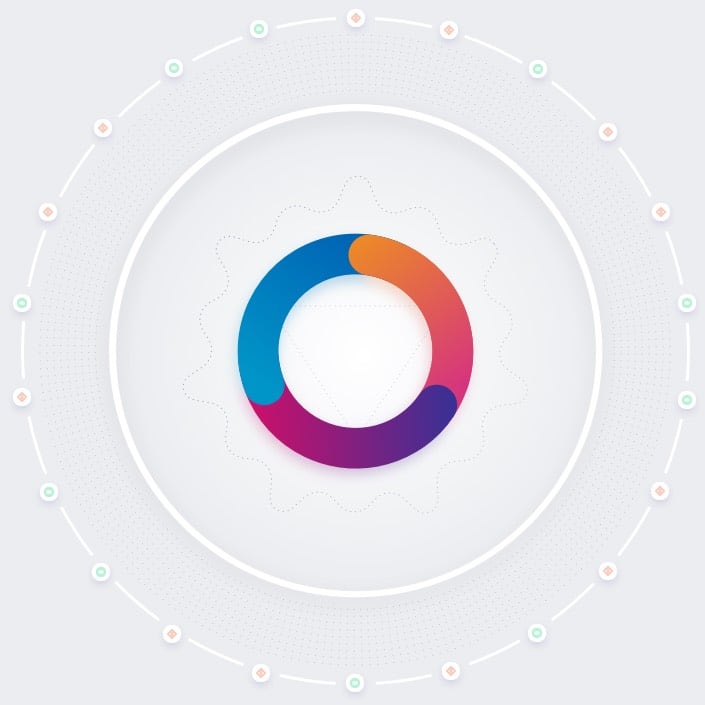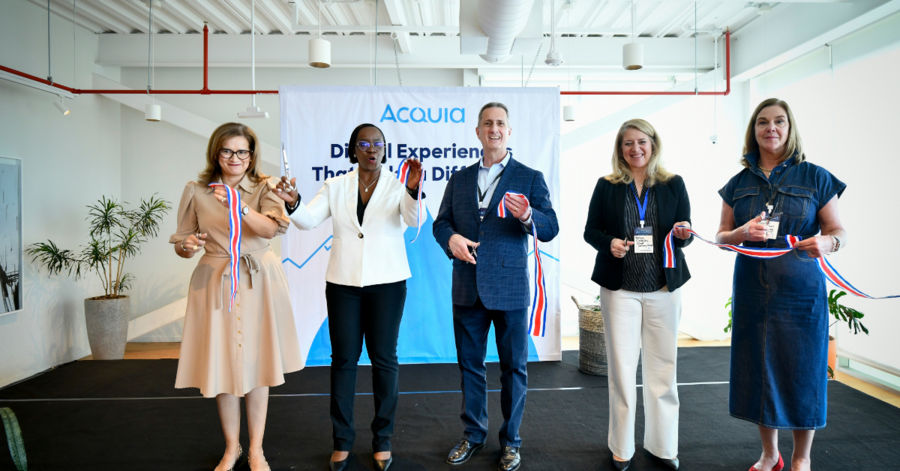San José, November 14. Since the pandemic, Costa Rica’s labor landscape has undergone significant transformations, especially in the work modalities that companies have adopted. Within this context, a recent survey conducted by
CINDE (the former Costa Rican Investment Promotion Agency) reveals that 79% of
multinational companies operating within the country prefer a hybrid work model, which combines in-person work with remote work.
These findings were presented during the seminar,
Talent Management in Times of Change: How to Adapt to New Forms of Work, organized by
Interactive Professional Education (EPI) with experts from
BDS Asesores, CINDE, and
Doris Peters & Asociados. The event was held on Thursday, November 14, at CINDE's facilities in Torre Universal, and brought together specialists and business leaders to address current labor trends and share best practices on how companies can adapt to their human talent’s new and evolving expectations.
"The dynamics following pandemic recovery allows us to visualize the changes, with more and more companies adopting a hybrid work model; this is demonstrated by the latest surveys that CINDE conducted. We even identified that over 50% of the companies surveyed have had to make physical changes, including redesigning spaces, leveraging technology, seeking wellbeing and creating specialized areas based on needs or functionality. This aims to make employees more comfortable and successfully advance in the hybrid model," stated Andrea Centeno, Director of Communications and Marketing at CINDE.
The survey was conducted in April of this year, with participation from 92 multinational organizations, and revealed that within the hybrid model, the preferred option is to offer three days of remote work per week (28%), followed by preferences for providing two days of remote work (18%), and more than five remote days (14%). The survey also indicated that 12% of companies opt for a 100% remote work model, while 9% maintain a 100% in-person modality.
Additionally, the study highlights that many companies have increased remote work days in response to various circumstances, such as road construction. However, the survey indicates that, overall, there is no significant interest in returning to fully virtual or fully in-person models.
The 100% in-person model is more common in industries like
Life Sciences and
Manufacturing, while
Service companies show a greater preference for remote work.
Benefits to Attract and Retain TalentIn an increasingly competitive labor market, organizations also face the challenge of offering these work modalities, as they are attractive to employees and help with talent retention.
"Today, employers face the dilemma of implementing or maintaining remote work, whether fully or in a hybrid model. These decisions are crucial for attracting and retaining human talent. At BDS Asesores, we believe it is essential to integrate a legal and human resources approach so that companies can implement these modalities efficiently and in compliance with the law," stated Ronald Gutiérrez, partner at BDS Asesores.
Additionally, concepts such as
smart working and results-oriented work are gaining ground. Through these approaches, employees can fulfill their responsibilities by focusing on outcomes for better use of their time and resources.
Furthermore, it is important to note that to achieve successful hybrid models, retaining
talent, increasing productivity, and maintaining a work environment that allows for personal development is crucial.
“
In hybrid models, culture can be experienced differently by each employee, which is why the greatest challenge for leadership is to align and retain teams, maximizing their experiences and improving results. Organizational culture requires cultivating this, being aligned, and demonstrating appropriate behaviors,” said Doris Peters, founder of Doris Peters & Asociados.
The Role of Technology in Talent ManagementDuring the seminar, experts discussed technology’s crucial role in the modern workplace. Digital tools enable smooth communication and efficient remote work management, as well as facilitate the continuous training of human talent.
"We are convinced that the multinational sector in Costa Rica will continue to invest in flexibility and continuous training to face the challenges of a rapidly evolving global market”, added Centeno.
More specifically,
EPI contributes to employees’ professional development by helping companies align with industry demands and ensuring that their workforce is prepared to face the challenges of a constantly evolving work environment. For this reason, continuous training, through platforms like EPI, is essential to strengthening talent in Costa Rica, which continues to position itself as a strategic hub for leading companies.
About EPIEPI’s services support companies in strengthening their human talent by providing consulting, diagnostics, design, implementation, and follow-up to assist organizations. EPI works on closing any skill gaps in the organization's staff. This is achieved through personalized training pathways, using digital platforms to design specific programs according to the company's requirements (for example, on a semi-annual basis), and also provides personalized follow-up for both employees and the human resource management teams responsible for monitoring progress.







.png)